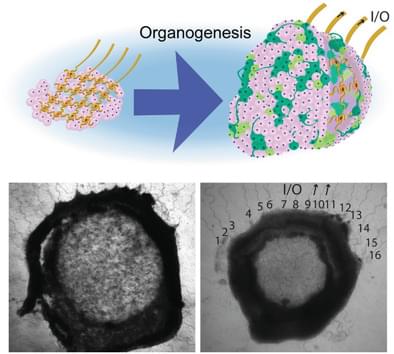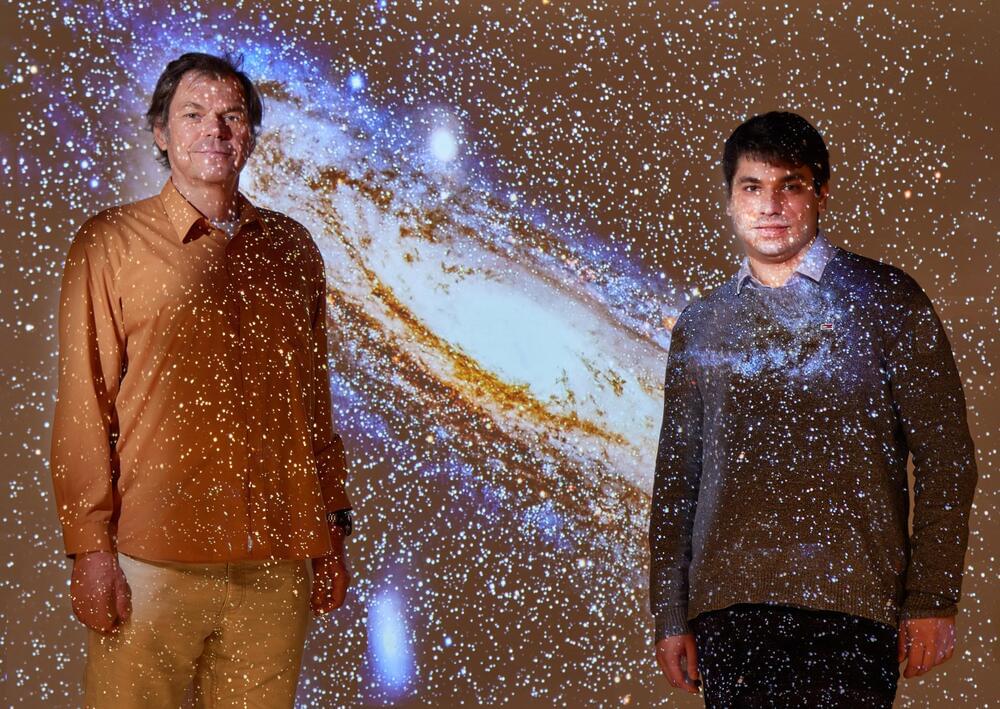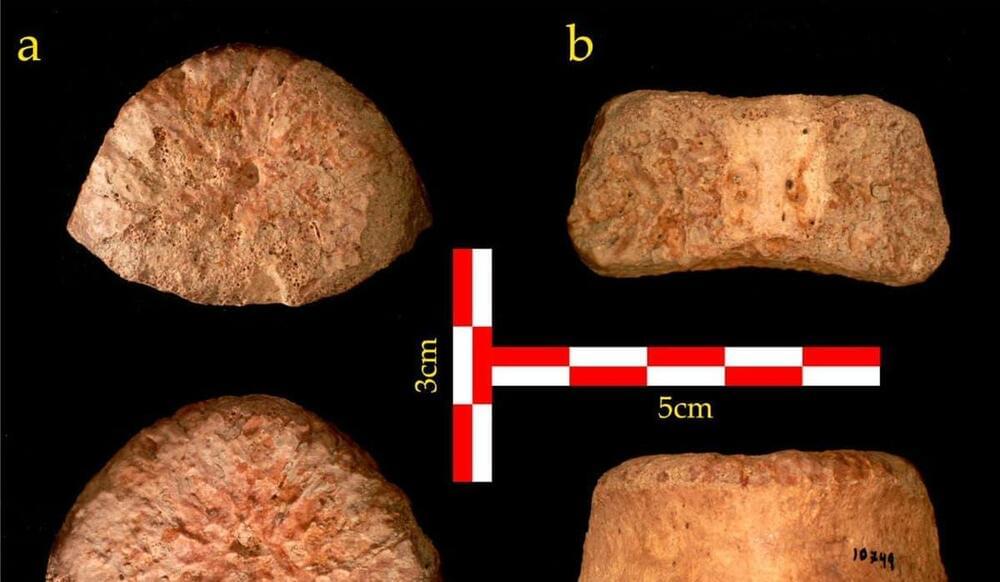In a way, it could mean climate change is linked to an “immature technosphere”.
It’s called an epiphenomenon.
The idea is that the ordinary function of one thing can generate a secondary effect that seems unrelated and beyond its scope of influence. And when it comes to the interconnected systems of the Earth, we see it all the time.
Plants, for example, found their way via evolution to photosynthesis, which greatly improved their survival. But it also led to them releasing oxygen into the atmosphere, and that changed everything: One form of life seeded a planet-wide transformation, just by pursuing its own nature.
But, if the totality of life (called a biosphere) can radically reshape the Earth, some scientists speculate that cognition — and cognition-related actions — might exhibit the same effect.
This is the “thought experiment” of a group of scientists who blended empirical knowledge of the Earth with more generic ideas about how life changes worlds. And, in the * International Journal of Astrobiology*, they explored the possibility of a “planetary intelligence\.





